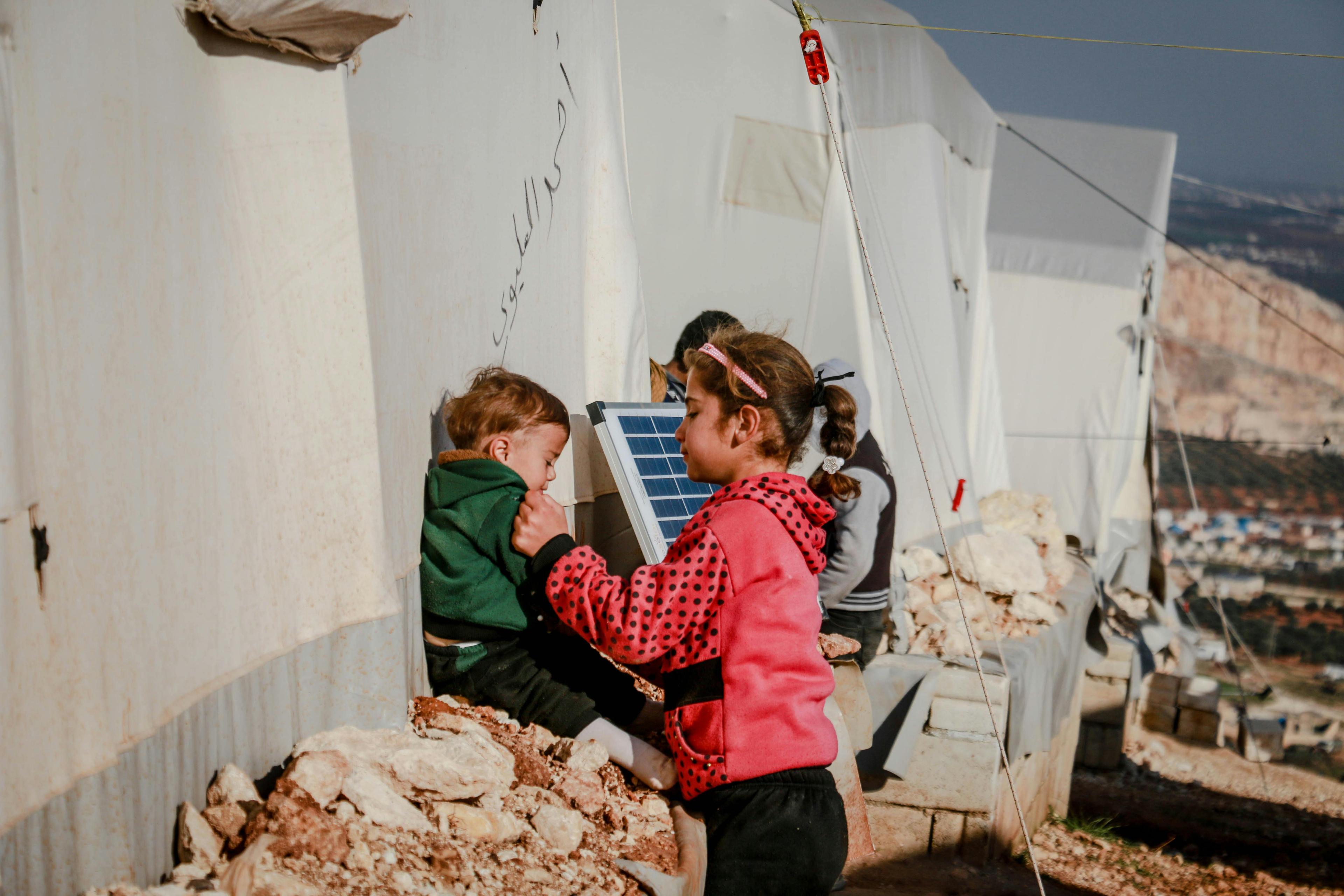
BEIRUT (Enmaeya News) — Lebanon’s children are bearing the brunt of the nation’s prolonged crises, with a new report from UNICEF revealing sharp declines in mental health, nutrition, and education. The combined impact of war, economic collapse, and political instability has created a "perfect storm" of adversity for the country's youngest and most vulnerable
Mental Health Crisis Deepens
Mental health services for children are on the brink of collapse, with soaring rates of anxiety, depression, and post-traumatic stress disorder (PTSD) reported across all communities. Psychologists describe a growing wave of trauma among children exposed to explosions, displacement, and chronic instability. In classrooms, teachers and counselors report widespread symptoms of distress, including panic attacks, severe anxiety, and self-harm. Yet, with Lebanon’s healthcare infrastructure in disarray, access to psychosocial support remains limited, leaving many children untreated. According to UNICEF, untreated trauma in childhood can lead to long-term damage, affecting emotional stability and cognitive development.
Malnutrition Reaches Critical Levels
Simultaneously, Lebanon’s nutrition crisis is worsening, with malnutrition indicators among children under five reaching emergency levels. Conditions like stunting and wasting, once rare, have become common in impoverished neighborhoods and refugee camps. In these areas, families often survive on just one meal per day, leaving children emaciated and vulnerable to disease. Pediatricians report seeing rising cases of malnourishment, with some children arriving at clinics with severe nutrient deficiencies.
Education System Risks
Lebanon’s education sector, once a regional model of excellence, is now in a state of collapse. Teacher strikes, classroom shortages, and crumbling infrastructure have pushed an estimated 400,000 children out of school, including both Lebanese citizens and refugee populations. For those still attending classes, the situation is dire: many public schools lack textbooks, electricity, and even functional bathrooms, while private education is increasingly unaffordable.
A Call for Urgent Action
UNICEF's representative in Lebanon has called for immediate international support, stating that "the window to prevent irreversible damage to Lebanon’s children is closing rapidly." While humanitarian aid remains crucial, the organization emphasized that stopgap measures cannot replace the need for comprehensive reform of Lebanon’s health, education, and social protection systems. With donor fatigue setting in and global attention shifting, Lebanon’s children are increasingly left to navigate a broken system, their rights to health, education, and nutrition slipping further out of reach.



